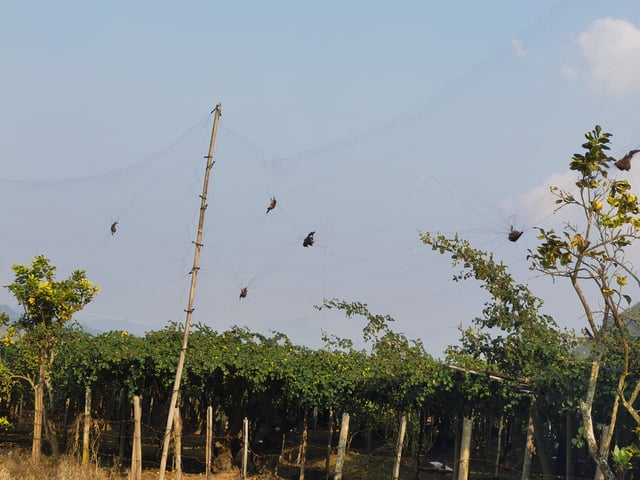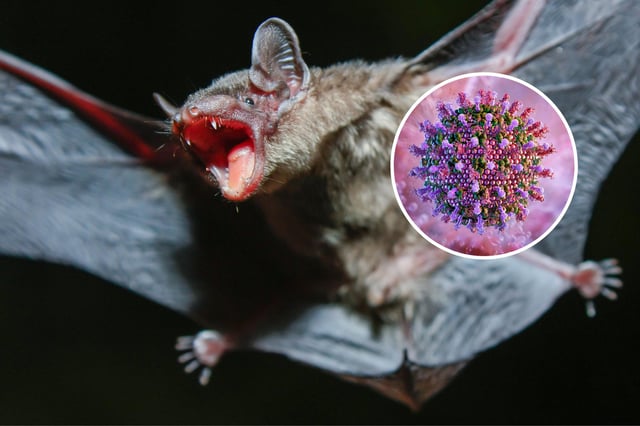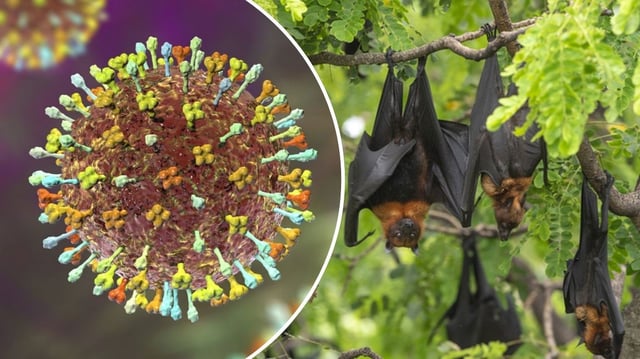Overview
- Researchers used advanced genetic sequencing on kidney samples from 142 bats collected between 2017 and 2021 in Yunnan province and identified 20 previously unknown viruses.
- Two of the new viruses are henipaviruses detected in fruit bats roosting near village orchards, which raises concern about transmission via urine-contaminated fruit or water.
- Henipaviruses related to Nipah and Hendra can cause severe encephalitis and respiratory disease in humans, with fatality rates of up to 70 percent.
- Experts consider the current risk of spillover low but say laboratory studies are essential to determine whether the new henipaviruses can infect humans or livestock.
- Scientists recommend intensified surveillance, enhanced biosecurity measures and ecological solutions such as protecting bat habitats to reduce future spillover events.



